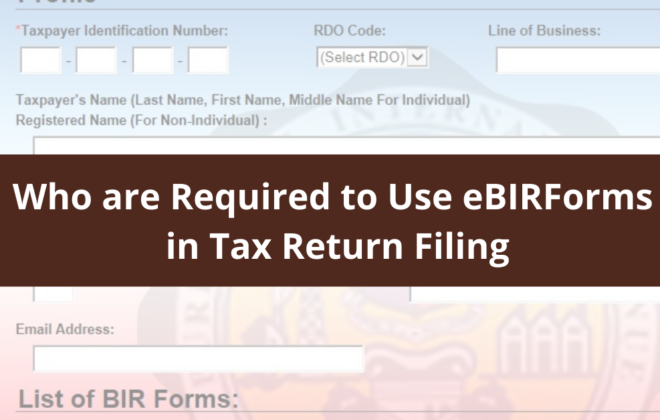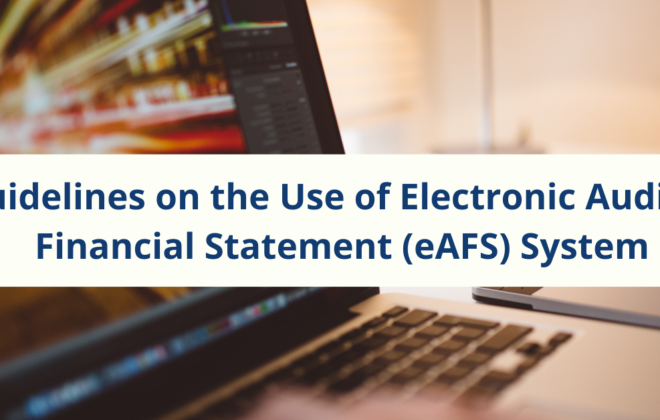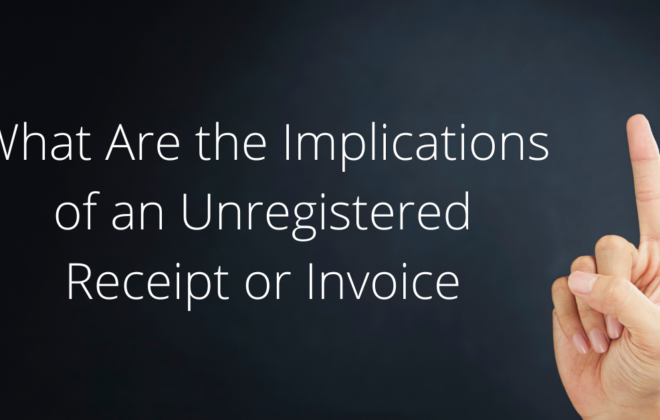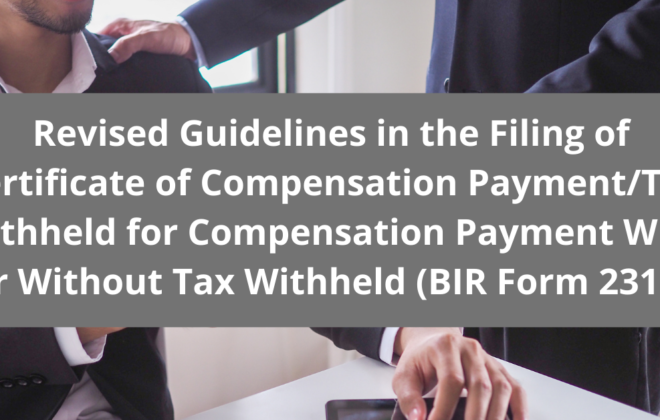Who are Required to Use eBIR Form in Tax Return Filing
Tax preparation is a daunting task for someone who is not an accountant or unfamiliar with Philippine taxation. For many years, taxpayers have been used to using the BIR Forms, which are downloadable on the BIR website for tax filing. The forms are in…
Guidelines and Procedures on How to Avail the 8% Income Tax Rate
Still can’t decide which is the most cost-effective tax rate? Don’t worry as we are going to discuss if the 8% income tax rate is the best option for you. As a registered taxpayer, you must file your Percentage Tax (BIR Form 2551) or Quarterly…
Guidelines on the Use of Electronic Audited Financial Statement (eAFS) System
Did you know that you can already submit the attachments to your BIR Forms online instead of going to the BIR office? Today, submission through BIR’s Electronic Audited Financial Statement (eAFS) System is the safest and the most convenient way of sending your documents to…
Who are Required to Withhold Taxes? (RMC 27-2022)
Are you one of the top withholding tax agents? Are you obliged to withhold taxes every time you make a payment? Is the tax for your purchases withheld using the correct tax rate? We understand you may have some questions or concerns about withholding taxes….
Taxation of Social Media Influencers and the Tax Treaty Benefits
The extended lockdown brought about by the health crisis has made many Filipinos glued to their mobile phones and stay online to connect with their family and friends anywhere around the world. This gave a massive rise to the popularity of the use of social…
VAT or Non-VAT: What Should I Choose for my Business?
One of the important decisions you must make when you register your business with BIR is choosing the tax type that you want to be classified under. One of which is choosing whether you’ll register as a Value-Added Tax (VAT) or a Non-VAT entity. As…
2022 Schedule of Filing of Annual FS and GIS
The Securities and Exchange Commission (SEC) has released the new guidelines in filing the 2021 Financial Statements and General Information Sheet of corporations. The commission issued SEC Memorandum Order No. 02, series of 2022, which set the new schedule for submitting the required year-end reports…
Newly-Registered Businesses and the Use of the New BIR Printed Receipt or Invoice (BPR/BPI)
Are you a newly BIR-registered business that’s excited to make your first sale but you can’t close it yet because your official receipts are not yet done printing or haven’t been delivered? No need to worry anymore. Under RMC 28-2019, new businesses can immediately start…
What Are the Implications of an Unregistered Receipt or Invoice
The provision of Section 237 of the Philippine Tax Code is obvious. Taxpayers are required to issue duly registered receipts or sales or commercial invoices for each sale or transfer of goods or services in the amount of one hundred pesos (P100.00) or more. The…
Revised Guidelines in the Filing of Certificate of Compensation Payment/Tax Withheld for Compensation Payment With or Without Tax Withheld (BIR Form 2316)
Corporations and other businesses that adopt the calendar year accounting period are expected to be busy with year-end statutory obligations. One of which is the filing of BIR Form 2316 to the Bureau of Internal Revenue (BIR) and the issuance of the duplicate copy to…
Recent Posts
- How to Process the Sworn Declaration Required by BIR for Electronic Marketplace Sellers
- Understanding Tax Compliance for e-Marketplace Businesses
- Who Needs to Submit GIS to the SEC?
- Understanding these Financial Ratios for Business Decision-Making Purposes
- What you Should Know about the Ease of Paying Taxes Act











